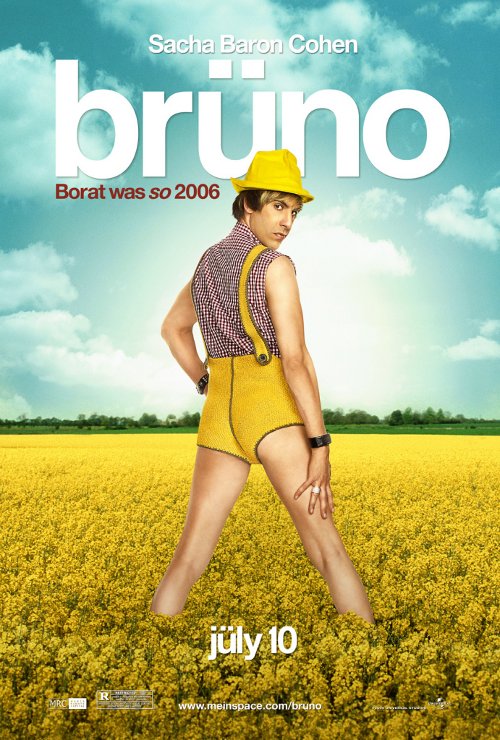
I am the eldest of five siblings. My three youngest siblings, two brothers and a sister, all competed in varsity-level high school athletics in at least two sports. I've written about my own athletic experiences before.
In the past two years, two family friends have joined the ranks of Division I NCAA athletics. At least one of my brothers could have played football at the Div. IAA level (probably). When we were visiting with one of these student-athletes, The Boss was singing the athletic praises of his progeny.
At a certain point, The Boss pointed at me and said that I was a pretty good athlete. We both knew that this wasn't the case. I was a pudgy kid growing up and didn't really come out of it until my mid-20s. Even then, in the greatest physical condition of my life, I was not a good athlete. What I was great at was a competitor. I've always been a great competitor.
It's not easy being a competitor without talent. It makes you a terrible teammate. In graduate school I left a shattered Ultimate Frisbee team in my wake. I'll never understand people who like to practice, who want to go out and kick a ball around or have a catch without preparation for anything. You have to practice if you want to be good. If you want to compete, you have to have a certain amount of skill.
But when you're a competitor, losing is not fun. Practicing twice a week in order to get thumped 21-3 isn't fun. I've never understood my teammates who liked to go out there and just run around. If you're not interesting in winning, then why are you playing? Playing a close match and then losing isn't fun, but it's rewarding in the moment. Being non-competitive isn't fun.
A couple of weeks ago, a good friend invited me to play indoor soccer with him. My wife did not think that was a good idea. When we were in college, we all played co-ed intramural soccer on another team that lacked talent and skill. In that league, I got so frustrated on game that I semi-accidentally laid out a opposing player while playing defense. This wouldn't have been such a big deal if that player hadn't have been a girl.
I'm approaching middle age, now. My competitive juices are still high, but the outlets for that competitive drive are reducing. I do not want to be that sad 35-year-old at the YMCA trying to run with guys in their early 20s in pickup basketball games. I'm sure that I'm not alone in this. The drive to compete always outpaces our ability to do so. This explains why golf is so popular with men of a certain age, the free Texas Hold'em tournaments at many bars on Monday or Tuesday nights, and the aged gentlemen who populate so many racquetball courts.
I think this also explains the sudden, runaway popularity of on-line gaming. It's not just college students who are gobbling up copies of Madden 10. A commercial in regular rotation features men in their early 30s unpacking Madden shortly after the game becomes available at midnight (and, interestingly, denying it to one another). One of the features of the last two editions of Madden has been expanded on-line game play. For a small fee, content providers will match you with players of similar skill set for a competitive game. The providers track your ranking and your record. Some services even allow you to taunt your opponent over an add-on microphone headset.
Playing Madden on-line is a fun and frustrating experience. But it doesn't replace being able to actually compete. I just don't think that I'm really ready to hang it up yet. I'll see you on the court at the Y.

 characters and surprise arrivals in real situations, he's been compared to Andy Kaufman. His comedic roles in fictional movies such as
characters and surprise arrivals in real situations, he's been compared to Andy Kaufman. His comedic roles in fictional movies such as